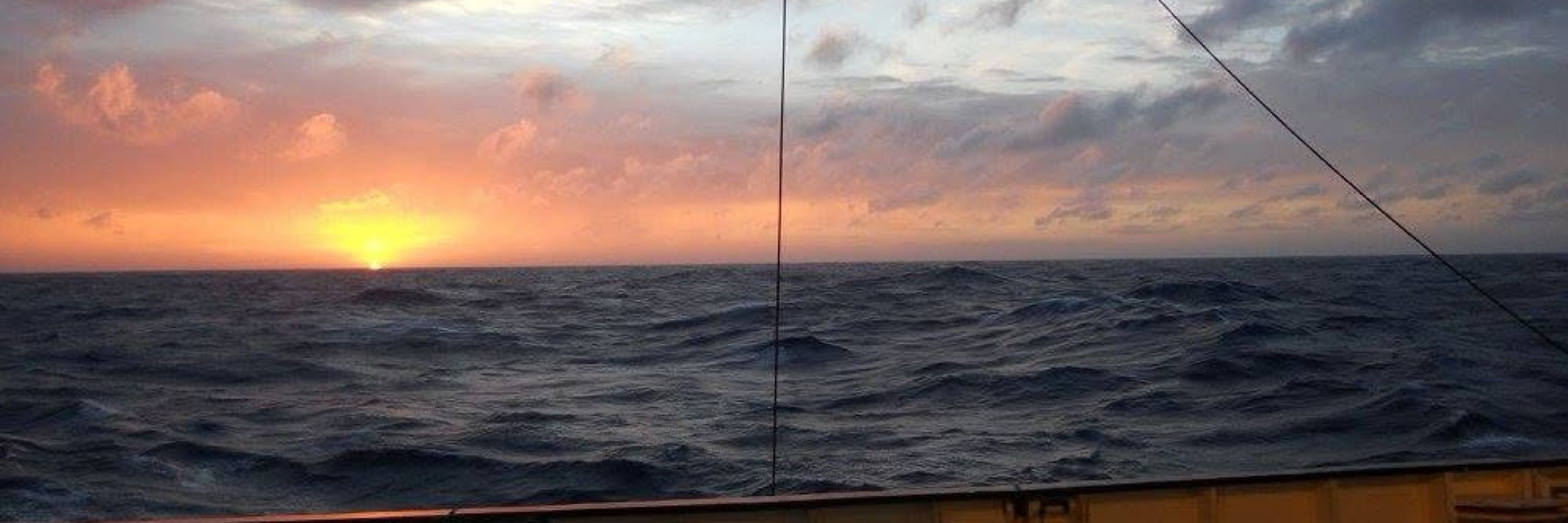Jon Baker
@jonbakerocean.bsky.social
580 followers
550 following
200 posts
Climate Scientist @metoffice 🌍🌊 |
Exploring AMOC and global ocean circulation |
Views are my own | https://linktr.ee/jonbakerocean
Posts
Media
Videos
Starter Packs
Pinned
Reposted by Jon Baker
Femke de Jong
@fmkdejong.bsky.social
· Aug 20

NIOZ - PhD-position "Overturning the ocean''
The department of Ocean Systems (OCS) at the Royal Netherlands Institute of Sea Research (NIOZ) is looking for an enthusiastic and motivated PhD candidate to work on the exchange of lighter and denser
workingat.nioz.nl
Reposted by Jon Baker
Jon Baker
@jonbakerocean.bsky.social
· Jul 9
Jon Baker
@jonbakerocean.bsky.social
· Jul 9
Jon Baker
@jonbakerocean.bsky.social
· Jul 9
Jon Baker
@jonbakerocean.bsky.social
· Jul 9
Reposted by Jon Baker
Jon Baker
@jonbakerocean.bsky.social
· Jul 9
Jon Baker
@jonbakerocean.bsky.social
· Jul 9

Opportunities for Earth Observation to Inform Risk Management for Ocean Tipping Points - Surveys in Geophysics
As climate change continues, the likelihood of passing critical thresholds or tipping points increases. Hence, there is a need to advance the science for detecting such thresholds. In this paper, we a...
link.springer.com
Jon Baker
@jonbakerocean.bsky.social
· Jul 9















